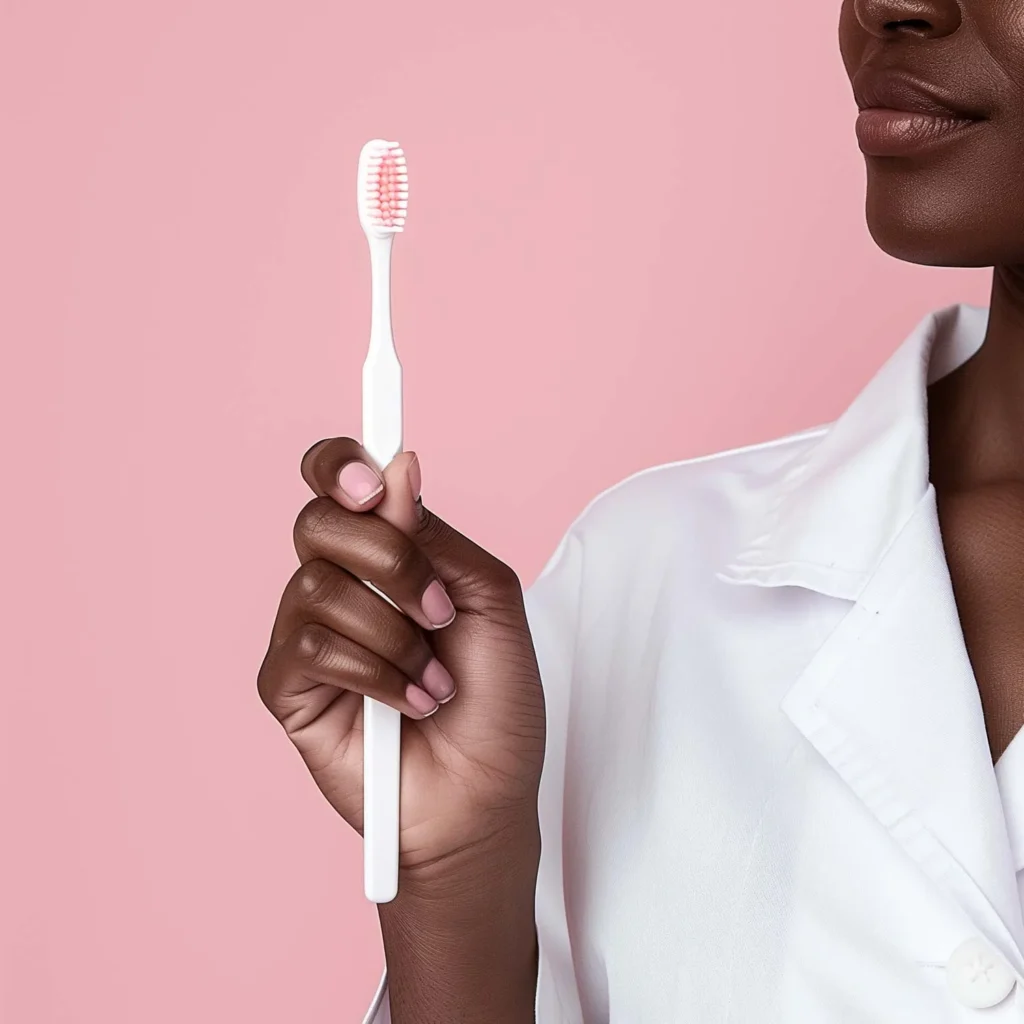Emergency Dental Care
When sudden dental pain or injury strikes, you deserve fast, expert care. At Grace TMJ & Urgent Dental Care, we offer same-day emergency dental services in Arlington, Ashburn, and McLean, VA, to help you get relief quickly—without long waits or unnecessary stress. Our experienced team is trained to handle a wide range of dental emergencies with precision and compassion.
Whether you’re dealing with a knocked-out tooth, an infected gum, or severe jaw pain, we’re ready to provide immediate, personalized care tailored to your needs. Our offices are open extended hours, including evenings and weekends, so you never have to suffer through a dental emergency alone.
What Dental Emergencies Do We Treat?
Dental emergencies can occur unexpectedly and escalate quickly. Getting timely treatment can make all the difference between saving or losing a tooth, stopping an infection, or avoiding more invasive procedures. At Grace TMJ & Urgent Dental Care, we are fully equipped to treat urgent dental problems for both adults and children.
Here are some of the most common dental emergencies we treat:
Severe toothaches or infections
Persistent, throbbing pain may be a sign of an underlying infection or abscess. Our team will diagnose and treat the issue to relieve your pain and protect your health.
Knocked-out or broken teeth
Dental trauma requires immediate attention. If a tooth has been knocked out or fractured, quick action can often save or restore it.
Swollen gums or facial swelling
Swelling could be a symptom of a serious infection or abscess and should never be ignored. We can address the source and prevent complications.
Cracked crowns or lost fillings
Broken dental work can expose sensitive parts of your teeth and cause pain or further damage. We offer same-day repairs to restore your smile and function.
Bleeding from the mouth after trauma or surgery
Ongoing bleeding may indicate a deeper issue. Our team will evaluate the injury and stop the bleeding safely and effectively.
We understand how stressful dental emergencies can be, and we’re committed to providing calm, supportive, and skilled care exactly when you need it.


Who Should Seek Emergency Dental Care?
If you’re experiencing intense oral pain or trauma, you may need urgent treatment to protect your health and prevent long-term complications. Dental emergencies are not always obvious, so it’s important to know when to act fast.
You should seek emergency dental care if you have:
- Persistent or intense tooth or jaw pain
- A knocked-out, broken, or loose tooth from injury
- Facial or gum swelling, especially with fever or drainage
- Oral bleeding that doesn’t stop with pressure
- Difficulty eating, speaking, or opening your mouth due to pain
Still unsure if your situation is an emergency? Call one of our locations—we’ll help you assess your symptoms and determine whether you need immediate care.
Why Choose Grace TMJ & Urgent Dental Care?
At Grace TMJ & Urgent Dental Care, we go above and beyond to provide fast, high-quality treatment when it matters most. Unlike emergency rooms, our offices are staffed by dental professionals with specific training in oral trauma, TMJ pain, and urgent dental procedures.
Patients across Arlington, Ashburn, and McLean choose us for:
- Same-day appointments and walk-in availability
- Convenient evening and weekend hours
- State-of-the-art equipment and calming office environment
- Specialized care for TMJ, trauma, and facial pain
- Friendly, experienced team that puts your comfort first
When you’re in pain, you need a team that listens, acts quickly, and treats you with care. That’s exactly what you’ll find at Grace TMJ & Urgent Dental Care.
Emergency Dental Care FAQs
Rinse the tooth gently without touching the root, and try to place it back in the socket. If that’s not possible, keep it in a cup of milk or saliva and come to our office immediately. Time is critical to save the tooth.
While emergency rooms can manage pain or infection temporarily, they’re not equipped for most dental procedures. It’s best to visit an emergency dentist who can provide immediate, appropriate care.
We offer same-day and walk-in appointments at all our locations. Call ahead if possible to ensure the shortest wait time.
Many dental insurance plans cover some or all of the cost for emergency care. We accept most major providers and offer payment options for those without insurance.
Yes! Our team is trained to treat dental emergencies in children with care, patience, and a gentle approach that helps them feel safe.
